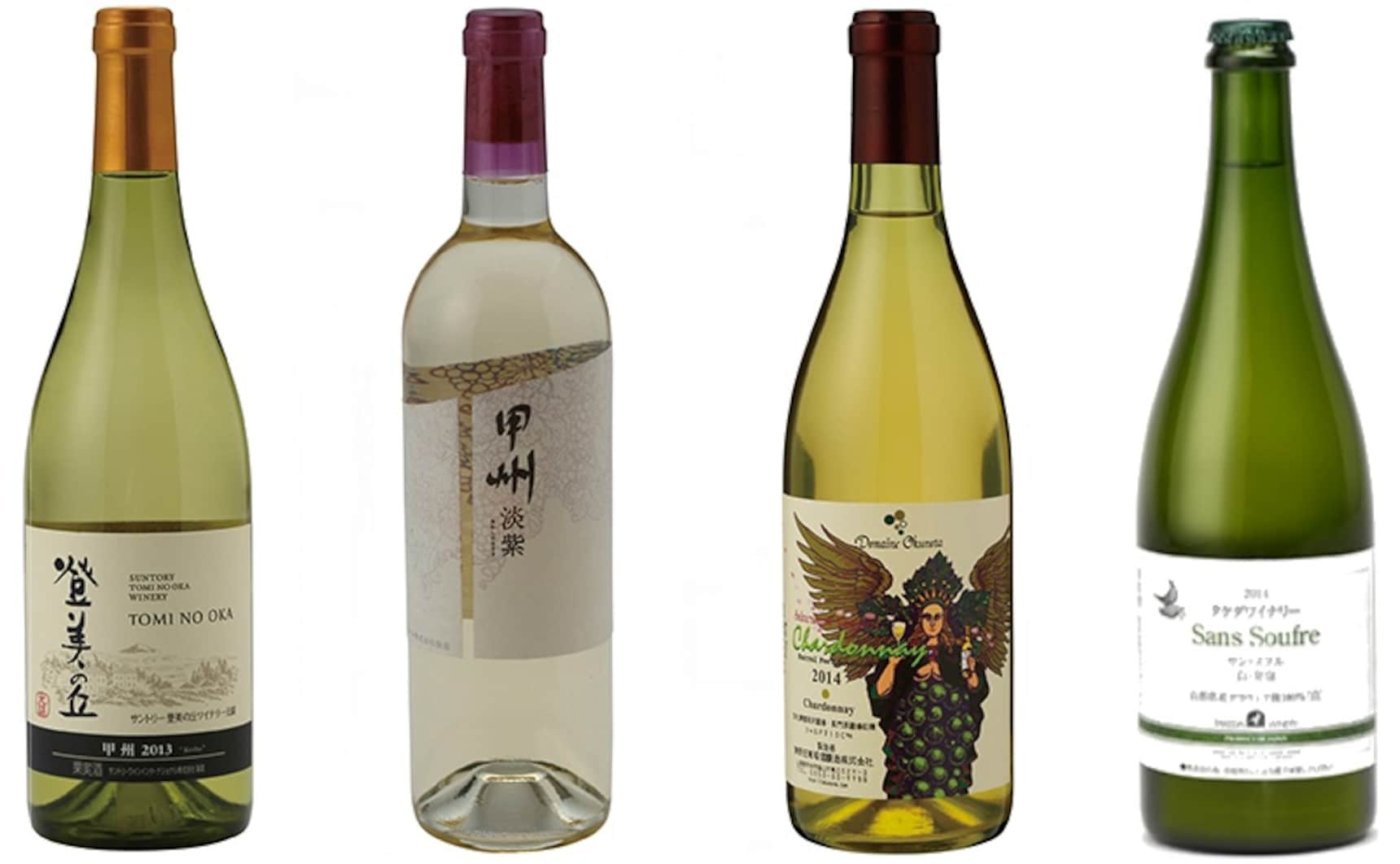
Japanese wine is made of 100 % of Japanese grape and made in Japan, The place of wine in Japan has 4 places; Hokkaido, Yamagata, Nagano and Yamanashi where is famous for production of grape, In Japan, a number of grapes for wine are made, but most of them were coming to the world,
Japanese Wines
Japanese Wines A selection of Japanese wines , The Yamanashi Prefecture at the base of Mount Fuji is home to Japan’s Koshu grape, Grown for year without the realisation of its true potential and produced with the domestic market in mind it is understandable why the Japanese wine industry was not globally renowned, All this is changing as a select number of producers have been making wine from Koshu …
Getting to Know Japanese Wine • Regions Varieties & Wine
The Japanese wines to drink with Japanese food 1 Lumière Sparkling Koshu, bottle-fermented, 2017, Character: A gently bready quite fruity style of sparkling with notes 2 Manns Wine, Kobo No Awa Sparkling Koshu, Character: A slightly fuller style of …
The Best Guide of Japanese Wine
japanese wines
Wine: a drink that seduces Japan
Home
Many Japanese wine drinkers have a highly developed oenological culture, Wine tasting courses have become very popular, namely among women, Are there any grape varieties that are more popular than others? For red wine, Cabernet Sauvignon and Merlot are the varieties of choice, As are Chardonnay and Sauvignon for whites, Beyond this, the Japanese tend to prefer fruity white wines that are easy to …
10 Best Japanese Plum Wines That are Actually Worth Trying
Buy Japanese Wines Online
Japanese wine
Overview
Japan, While grapes have long been cultivated in Japan, it is only in the last hundred years of so that wine has been produced there, It wasn’t until the Meiji restoration when Western culture began to be widely adopted that the idea of using grapes to make wine really arose in the country, Although 110,000 kilolitres of wine is produced in Japan
Japanese Koshu: History and top wines worth seeking out
Japanese Wine means wine produced in Japan, yet all wine is not categorised as “Japan Wine”, Japan Wine 日本ワイン is only called that wine is made from grapes grown exclusively in Japan, which means producers wine by using 100% of grapes grown in Japan, If producers use grapes grown from overseas even just 1% to make wine in Japan, “Japan Wine”
Popularly called Umeshu the Japanese plum wine is a form of liqueur that is made with unripe and green ume plums sugar and alcohol Though termed as a dessert wine Japanese wine can have a blend of sweet and sour taste with 12% alcohol content The fruity aroma of this wine definitely arouses one’s taste buds, and you bet, it is mouth-watering, Choya, Takara Shuzo, and Gekkeikan are few of the famous …
Best Japanese Wine Made From Koshu Grapes: White
Wines from Japan
About Japan Wine
The Japanese wines to drink with Japanese food
Scroll down to see 13 Japanese Koshu wines worth seeking out It’s a must-try for fans of Loire whites such as Sancerre and Saumur Blanc thanks to its crisp acidity and apple and citrus flavours but Koshu is very much its own grape,
Although many grapes are grown in Japan wineries in Yamanashi, the most important of Japan’s four major wine regions and where Katsunuma is …
Yamasachi, the 3rd Japanese Native Grape Variety Approved by O,I,V, “Yamasachi 山幸”, a red grape variety produced by Ikeda Town in eastern Hokkaido, will be registered in the list of vine varieties of O,I,V, 189 views 0 comments, Feb 28, 3 min,
Today, the indigenous variety Koshu and the international grapes, Chardonnay, Merlot and Cabernet Sauvignon, dominate Japanese wine production, although only one in five bottles is made from fresh Japanese grapes, These are mostly grown in the four main wine-growing prefectures of Yamanashi, Nagano, Yamagata, and Hokkaido,
If you are interested to try some Japanese wine for yourself right now, these are a few options to seek out in the States: Rita Farm & Winery Izayoi …